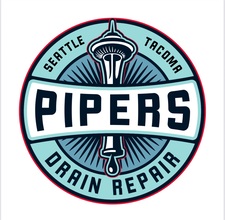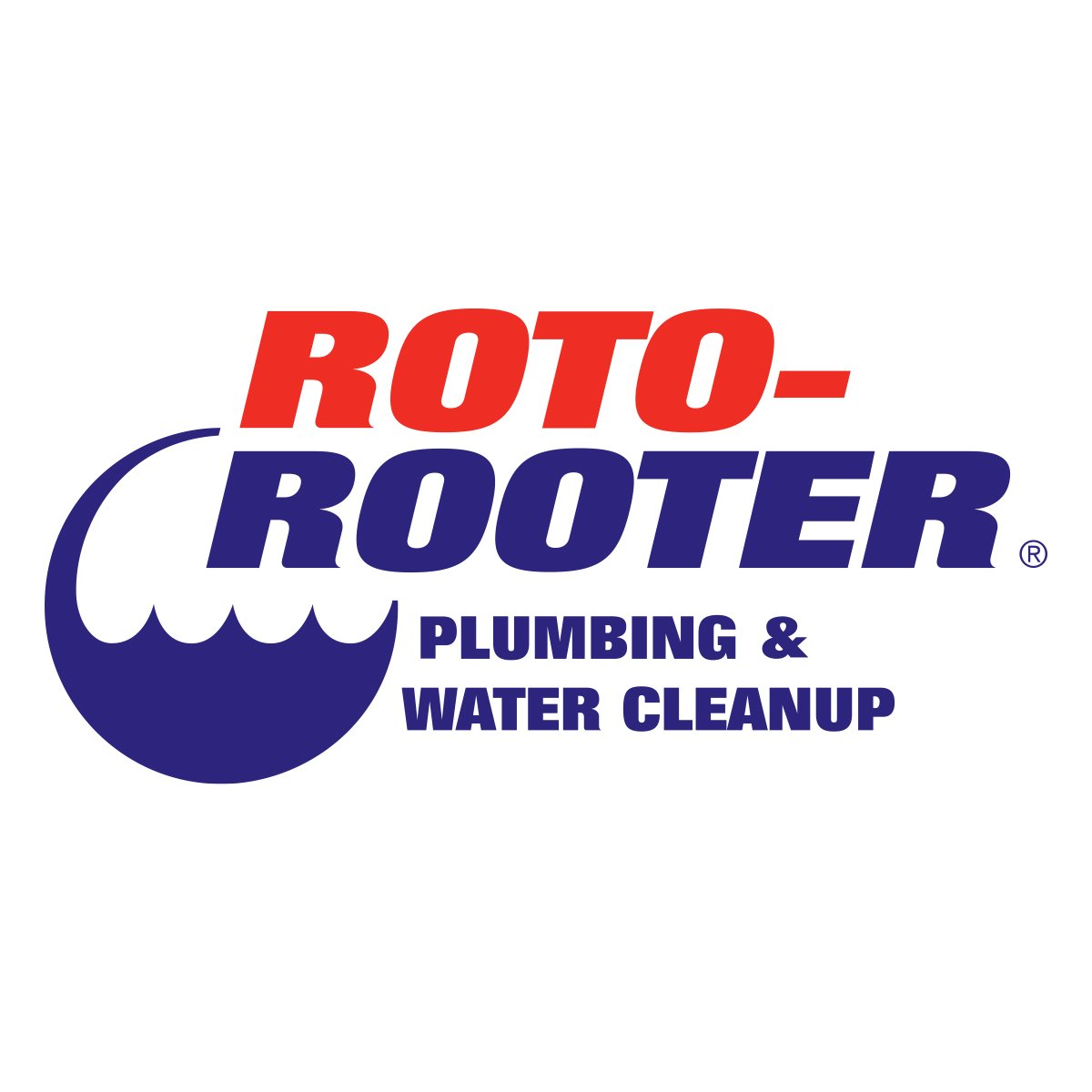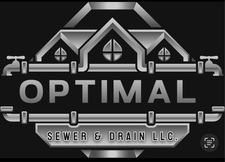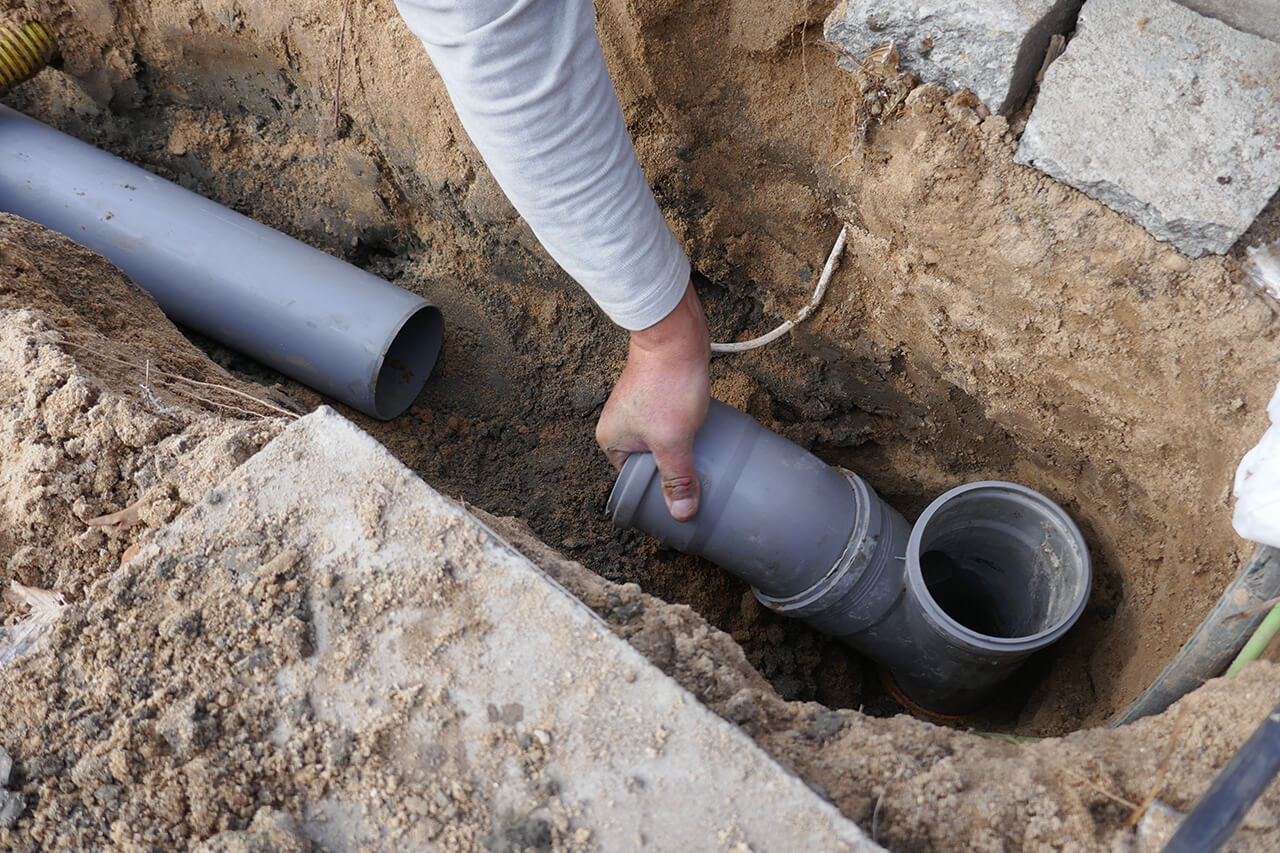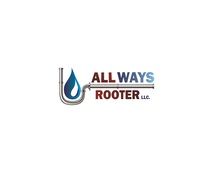
Angi Approved
In business since 2021
Free estimates
Emergency services offered
Rely On ALL WAYS ROOTER for All Your Plumbing Needs\n\nGET PROFESSIONAL PLUMBING SERVICES IN BOTHELL, WA OR THE SURROUNDING AREA\n\nIf you need drain, sewer or plumbing services in the Bothell, WA area, we've got you covered. ALL WAYS ROOTER LLC. provides top-notch residential and commercial plumbing services. Our lead plumber can handle a wide range of plumbing tasks, from drain unclogging to hydro jetting. Call us today at 425-954-9237 to speak with an experienced plumber. We look forward to serving you.






